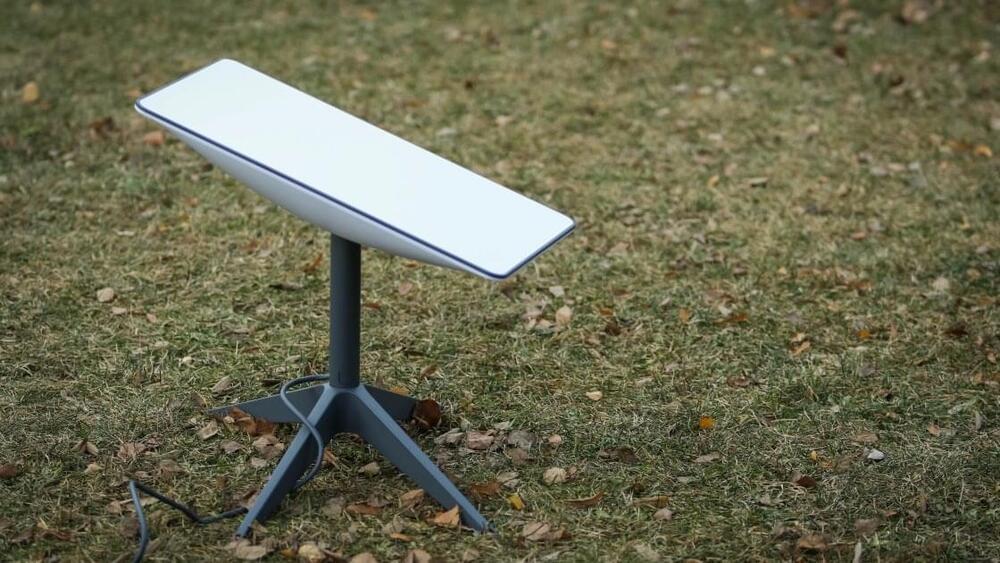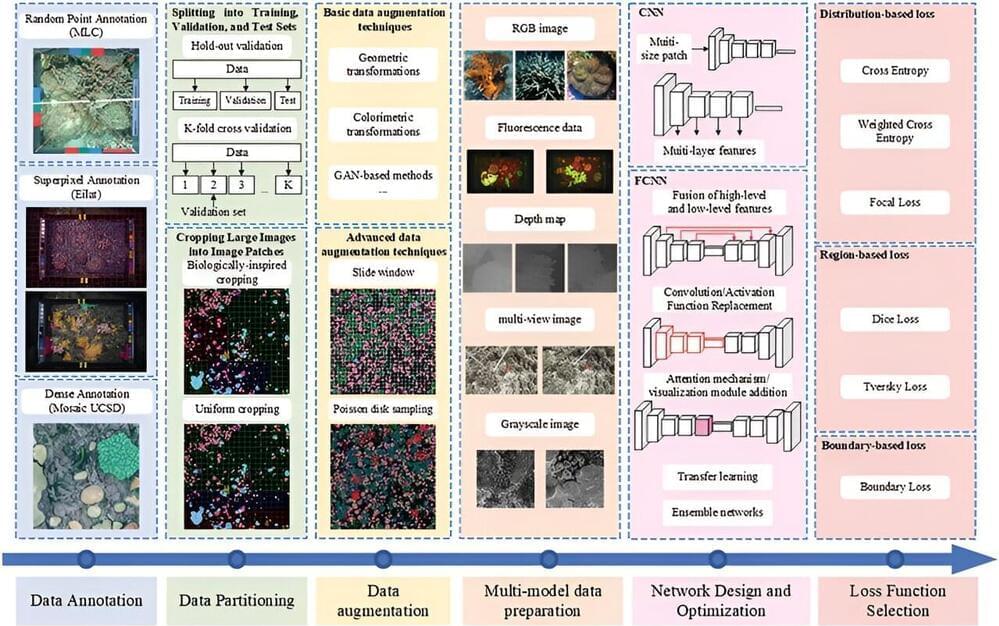The Dark Energy Spectroscopic Instrument (DESI) is a robotic instrument and spectrograph mounted on the Mayall Telescope in Kitt Peak, Arizona. The DESI collaboration aims primarily to understand the elusive Dark Energy. This is an energy of unknown source causing the Universe to accelerate in its expansion; this accelerating expansion is not predicted to occur for a universe that is filled with just ordinary matter and radiation (some more detail can be seen in this Astrobite). Since we still know so little about Dark Energy, a large galaxy survey can allow us to explore the history of the expansion of the Universe in more detail. The DESI instrument has 5,000 individual optical fibres controlled by robots that allow it to measure individual spectra of up to 5,000 galaxies in just a mere 20 minutes! Due to this design, and an observing program that optimises targets in the sky based on observing conditions, the survey will measure spectra of up to 35 million galaxies over 5 years. This will allow DESI to perform precise cosmological measurements, as a great volume of space and number of galaxies can be probed, and noise in the data products is reduced. This bite looks at the cosmology results from the collaboration’s analysis of the recently released Year 1 Data (YR1), in particular, via a signal that can be seen in the data known as Baryon Acoustic Oscillations.
DESI tracers
For the cosmological results in this work DESI uses information from various different ‘tracers’ – galaxies that trace the Large Scale Structure of the Universe. These consist of low redshift bright galaxies (BGS) that are measured when the moon lights the sky (and thus dimmer galaxies are less visible), and higher redshift galaxies measured during the dark time. The dimmer objects include luminous red galaxies (LRGs) which are elliptical galaxies that are extremely bright, emission line galaxies (ELGs) which are younger galaxies with emission line features in their spectra, and quasars (QSOs) which are very distant and bright galaxies that contain active galactic nuclei. The sample used also includes QSOs detected using Lyman-alpha forest measurements, or a method of tracing matter that utilises a series of absorption lines detected due to light from distant QSOs passing through neutral hydrogen in the space between us and the distant galaxies.





